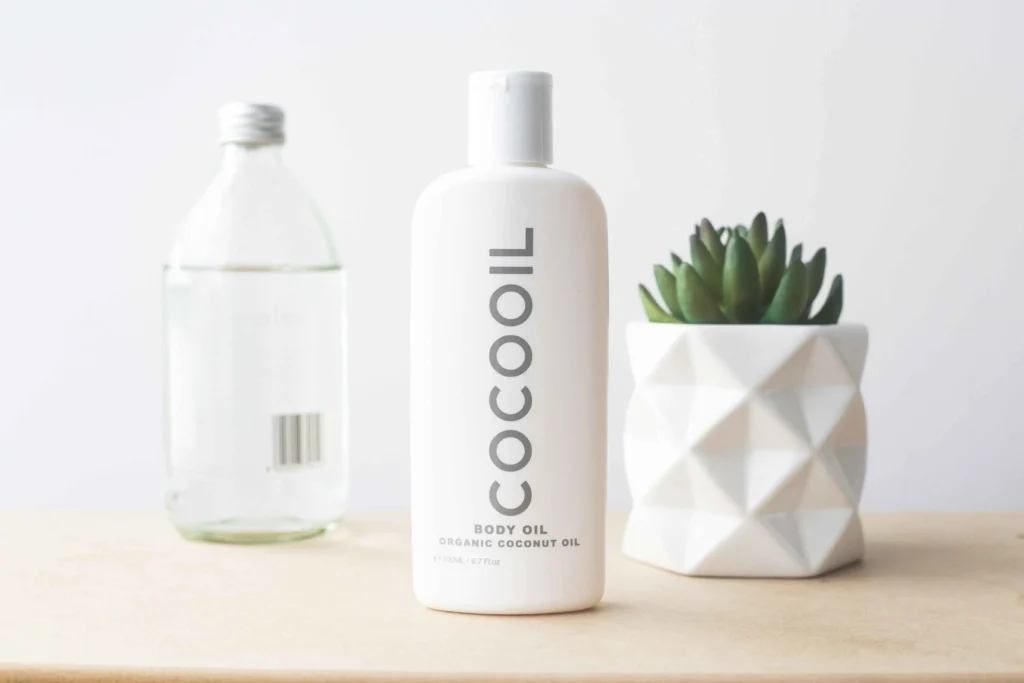Coconut oil has gone from humble kitchen staple to wellness superstar. It moisturizes skin, boosts your stir-fry game, and some people even swish it in their mouths like it’s mouthwash. Wild, right?
But here’s the catch: not all coconut oil is created equal. Choosing the best one for your health can feel like trying to pick the ripest avocado—confusing, slightly stressful, and prone to regret.
Don’t worry—we’re about to make it coconut-clear. 🌴
🧪 First, Why Coconut Oil?
Coconut oil is rich in medium-chain triglycerides (MCTs), especially lauric acid, which is known for:
- Supporting metabolism and energy
- Having antimicrobial properties
- Possibly improving heart and brain health (when used wisely!)
But again… only if you’re using the right kind.
🥥 Types of Coconut Oil – The Coconut Showdown
Let’s meet the contenders:
1. Virgin Coconut Oil (VCO) / Extra Virgin Coconut Oil
- How it’s made: Cold-pressed from fresh coconut meat, no chemicals or high heat.
- Smells like: A tropical dream.
- Best for: Eating, cooking, skin, hair, and even oil pulling.
- Why it rocks: It retains antioxidants and nutrients. This is your all-natural MVP.
✅ Health pick: YES!
2. Refined Coconut Oil
- How it’s made: Dried coconut (copra) is bleached and deodorized. May involve chemicals or high heat.
- Smells like: Practically nothing.
- Best for: High-heat cooking (it has a higher smoke point) and folks who hate coconut flavor.
- Why it rocks: It’s still useful, just not as nutrient-rich.
⚠️ Health pick: Okay in moderation, especially for cooking—but not your top health choice.
3. Fractionated Coconut Oil
- How it’s made: Processed to remove long-chain fatty acids, leaving mostly MCTs.
- Smells like: Nada.
- Best for: Skincare, massage oils, and keto coffee.
- Why it rocks: Stays liquid at room temp and absorbs super fast.
💅 Health pick: Great for external use and MCT-specific needs—but not ideal for general cooking.
🔍 What to Look for on the Label
If you’re standing in an aisle clutching a jar and squinting at the label, here’s what to check:
✅ Words like:
- “Cold-pressed”
- “Unrefined”
- “Virgin” or “Extra Virgin”
- “Organic” (bonus points!)
- “Non-GMO”
🚫 Avoid words like:
- “Hydrogenated” (bad news—trans fats!)
- “Partially refined” (meh—half the benefits)
🔥 How Are You Using It?
Your choice depends on how you plan to use it:
| Use | Best Type |
|---|---|
| Cooking under 350°F | Virgin Coconut Oil |
| High-heat cooking/frying | Refined Coconut Oil |
| Skincare & haircare | Virgin or Fractionated |
| MCT/keto boost | Fractionated / MCT Oil |
| Oil pulling | Virgin Coconut Oil |
🛒 Bonus Shopping Tip: Go Glass When You Can
Coconut oil is sensitive to heat and light. Glass jars offer better protection than plastic and are more eco-friendly. Mother Earth approves. 🌍💚
🥄 How Much Should You Use?
Even the best coconut oil is still a fat—so moderation is key.
- 1–2 tablespoons per day is enough to enjoy the benefits without overdoing it.
- Use it to replace bad fats, not just add more fat.
🧘♀️ Final Thoughts: Coconut Oil = Health Hero (If You Choose Right)
Coconut oil can be your tropical ticket to better health, glowing skin, and delicious meals—but only if you choose wisely.
Go virgin (in oil terms, not life choices 😉), check the labels, and match the oil to your goals. Your body (and taste buds) will thank you.
The 7 Best Coconut Oils of 2025
How to Skyrocket Your Endurance with VO₂ Max Training – VitalNest

